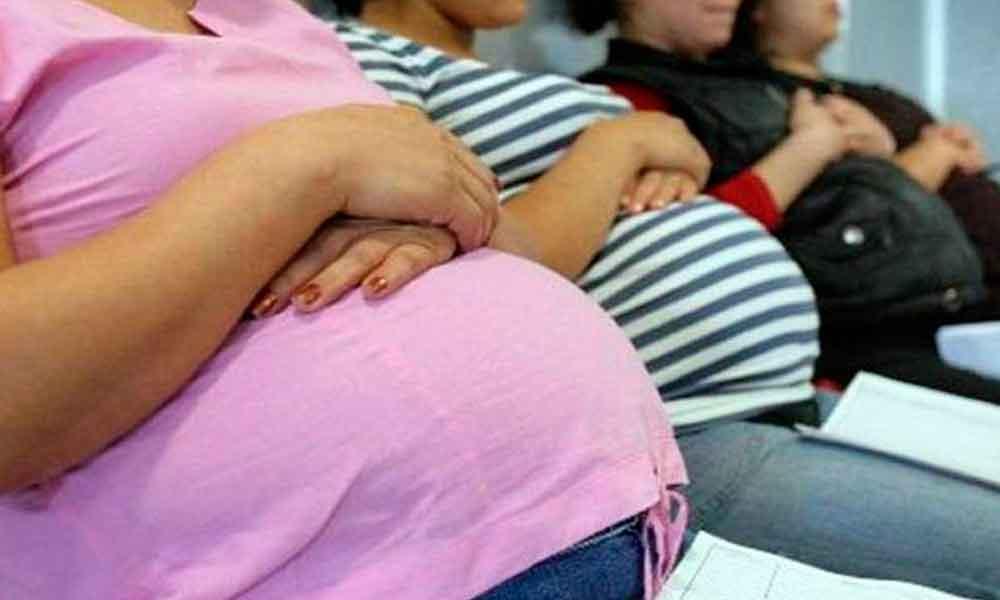Men who refuse DNA testing will be considered biological fathers
Men who refuse to take a DNA test in paternity acknowledgment trials can be declared biological fathers for the mere fact of not submitting to the study.
The First Chamber of the Supreme Court of Justice of the Nation declared constitutional that judges presume the paternity of those who refuse to have the DNA test performed and that this does not violate their right to privacy.
The criteria derived from an amparo under review in which a man alleged that the fact that paternity was presumed violated his right to privacy because this forced him to undergo a genetic test, disclosing private information contained in your DNA.

The ruling was made by Minister Arturo Zaldívar Lelo de Larrea who affirmed that people have the right to know their biological origin since this has enormous significance in the image they generate of themselves and has important legal and psychological consequences.
The ministers agreed that in cases like this it is necessary to balance this right with that of privacy, which is related to the genetic information revealed by a DNA test, to assess whether there is compatibility between them.
They indicated that the DNA test only provides the information necessary to verify paternity and that no one can be forced to submit to it, they are simply considered to be the biological parents if they refuse to undergo the study.
In addition, the exclusion of this test or the declaration of paternity can be devastating for those who want to know their origin.
agv







